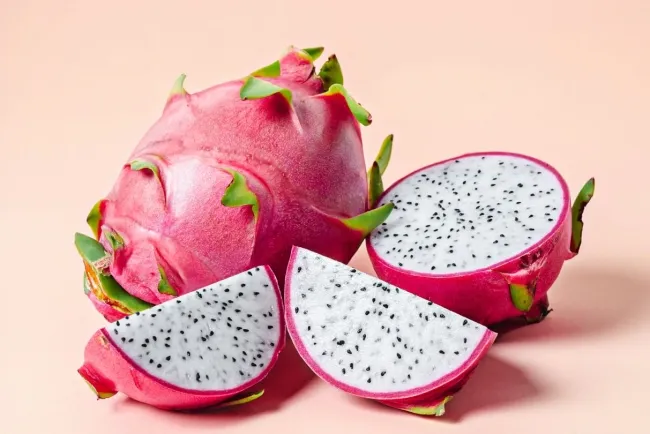Morphious Alcohol: Creation, Advantages, and Challenges...!!!
Morphious Alcohol, as a hypothetical innovative product, holds promise for significant advancements and benefits. However, it also comes with its share of challenges and risks. A balanced approach, focusing on careful planning, rigorous testing, and responsible marketing, is essential to harness the full potential of Morphious Alcohol while mitigating its drawbacks.

Introduction
"Morphious Alcohol" is a hypothetical, groundbreaking type of alcohol known for its transformative properties. Whether it's envisioned as a unique beverage or an advanced biofuel, let's explore the production process of Morphious Alcohol, along with its potential benefits and drawbacks.
Creation of Morphious Alcohol
The production of Morphious Alcohol involves several critical stages:
-
Research and Development: Extensive research is the initial step, aiming to identify the best ingredients and chemical processes. This includes studying fermentation techniques, molecular structures, and potential additives that can enhance Morphious Alcohol's properties.
-
Ingredient Sourcing: After the research phase, high-quality ingredients are sourced. These could be various grains, fruits, or other organic materials rich in sugar, essential for fermentation.
-
Fermentation Process: The core of alcohol production is fermentation. In this stage, the chosen ingredients are combined with yeast or other microorganisms that convert sugars into alcohol. Advanced fermentation techniques are employed to ensure efficiency and consistency.
-
Distillation: Post-fermentation, the mixture undergoes distillation to separate the alcohol from other components. This involves heating the fermented liquid to create vapor, which is then condensed back into liquid form, resulting in a higher alcohol concentration.
-
Aging and Refinement: Depending on its intended use, Morphious Alcohol may undergo an aging process to enhance its flavor and quality. This involves storing the alcohol in barrels or tanks for a specified period, allowing it to develop desired characteristics.
-
Quality Control and Testing: Throughout the production process, rigorous testing ensures that Morphious Alcohol meets safety and quality standards. This includes chemical analysis, taste testing, and verifying the absence of harmful contaminants.
-
Bottling and Packaging: Once the alcohol passes all quality checks, it is ready for bottling and packaging. Advanced packaging techniques are used to preserve its quality and extend its shelf life.
-
Marketing and Distribution: With the product ready for market, strategic marketing and distribution plans are crucial. Efforts focus on highlighting the unique properties and benefits of Morphious Alcohol, targeting specific demographics and regions.

Advantages of Morphious Alcohol
-
Innovative Qualities: Morphious Alcohol represents a significant advancement in alcohol production, offering unique properties that distinguish it from conventional alcoholic beverages or fuels.
-
Enhanced Flavor Profiles: As a beverage, Morphious Alcohol can offer distinctive and enhanced flavor profiles, appealing to connoisseurs and casual drinkers alike.
-
Eco-Friendly Production: If designed as a biofuel, Morphious Alcohol could provide a more environmentally friendly alternative to traditional fossil fuels, reducing carbon emissions and reliance on non-renewable resources.
-
Versatility: Morphious Alcohol can be used in various applications, from beverages to industrial uses, making it a versatile product with broad market potential.
-
Economic Opportunities: The production and distribution of Morphious Alcohol can create new economic opportunities, from job creation to stimulating local economies through ingredient sourcing and manufacturing.
Challenges of Morphious Alcohol
-
High Production Costs: Developing and producing Morphious Alcohol involves significant investment in research, high-quality ingredients, and advanced production techniques, driving up costs.
-
Regulatory Challenges: Given its unique properties, Morphious Alcohol may face regulatory challenges, requiring extensive testing and approval processes to ensure safety and compliance with laws.
-
Market Acceptance: Introducing a new type of alcohol to the market can be challenging, as consumers may be hesitant to adopt a product that is unfamiliar or perceived as experimental.
-
Potential Health Risks: If intended for consumption, Morphious Alcohol may pose health risks associated with its unique properties, necessitating thorough testing and consumer education.
-
Environmental Impact: Despite potential eco-friendly benefits, the production of Morphious Alcohol could have environmental impacts, such as water usage, waste generation, and the carbon footprint of production facilities.
Morphious Alcohol, as a hypothetical innovative product, holds promise for significant advancements and benefits. However, it also comes with its share of challenges and risks. A balanced approach, focusing on careful planning, rigorous testing, and responsible marketing, is essential to harness the full potential of Morphious Alcohol while mitigating its drawbacks.
What's Your Reaction?

















